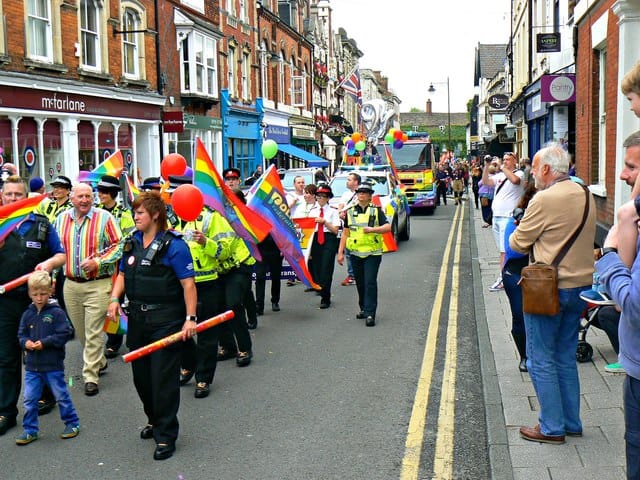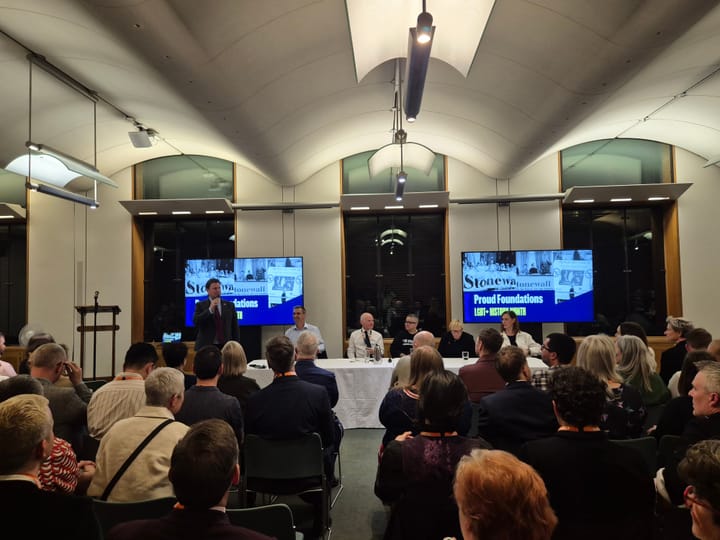Tories and Reform UK block council motion to support LGBTQ+ people in Wiltshire

A heated dispute has erupted within Wiltshire Council after councillors voted down a motion intended to affirm support for the LGBTQ+ community.
The original motion, tabled at County Hall in Trowbridge, aimed to signal the council’s commitment to inclusivity under its new administration. It stated that Wiltshire Council “remains fully supportive of our LGBTQIA+ community and the diverse nature of our population.” However, after a heated 12-hour debate, the motion was amended to remove all references to LGBTQ+ individuals, instead adopting a broader statement supporting “all people equally.”
The amendment passed narrowly, with 46 councillors voting in favour and 43 against.

Councillor Helen Belcher (Liberal Democrats), a prominent advocate for LGBTQ+ rights who transitioned several years ago, condemned the decision as “disgraceful.” She argued that the revised motion diluted the intent to protect a community facing disproportionate discrimination. “I don’t get attacked because I’m a human being,” she said. “I get attacked because I’m trans, because some people don’t think trans people like me should exist.”
The motion’s rejection drew criticism from Liberal Democrat councillors, including Liz Alstrom, who originally proposed it. She cited rising intolerance and the need for councils to take a stand. “When a council takes a stand, it sends a message: You are safe here. You are valued. You belong,” said one member of the public during the meeting.

Opposition came from Conservative and Reform UK councillors, who labelled the motion as divisive and accused it of engaging in “identity politics” and “virtue signalling.” Reform UK’s Ed Rimmer stated, “We won’t engage in identity politics or give any oxygen to this kind of virtue signalling.”
Council leader Richard Clewer (Conservative) expressed concern that the original motion could breach the Equalities Act by favouring one protected characteristic over others. He argued that fostering good relations between different groups required a more inclusive approach.
The controversy comes amid a broader national debate on LGBTQ+ rights, following a Supreme Court ruling earlier this year that defined “sex” in the Equality Act as biological, not legal gender. This decision has raised concerns about the erosion of trans rights and the UK’s declining position in European LGBTQ+ equality rankings.
Support independent LGBTQ+ journalism
Scene was founded in Brighton in 1993, at a time when news stories about Pride protests were considered radical. Since then, Scene has remained proudly independent, building a platform for queer voices. Every subscription helps us to report on the stories that matter to LGBTQ+ people across the UK and beyond.
Your support funds our journalists and contributes to Pride Community Foundation’s grant-making and policy work.
Subscribe today




Comments ()